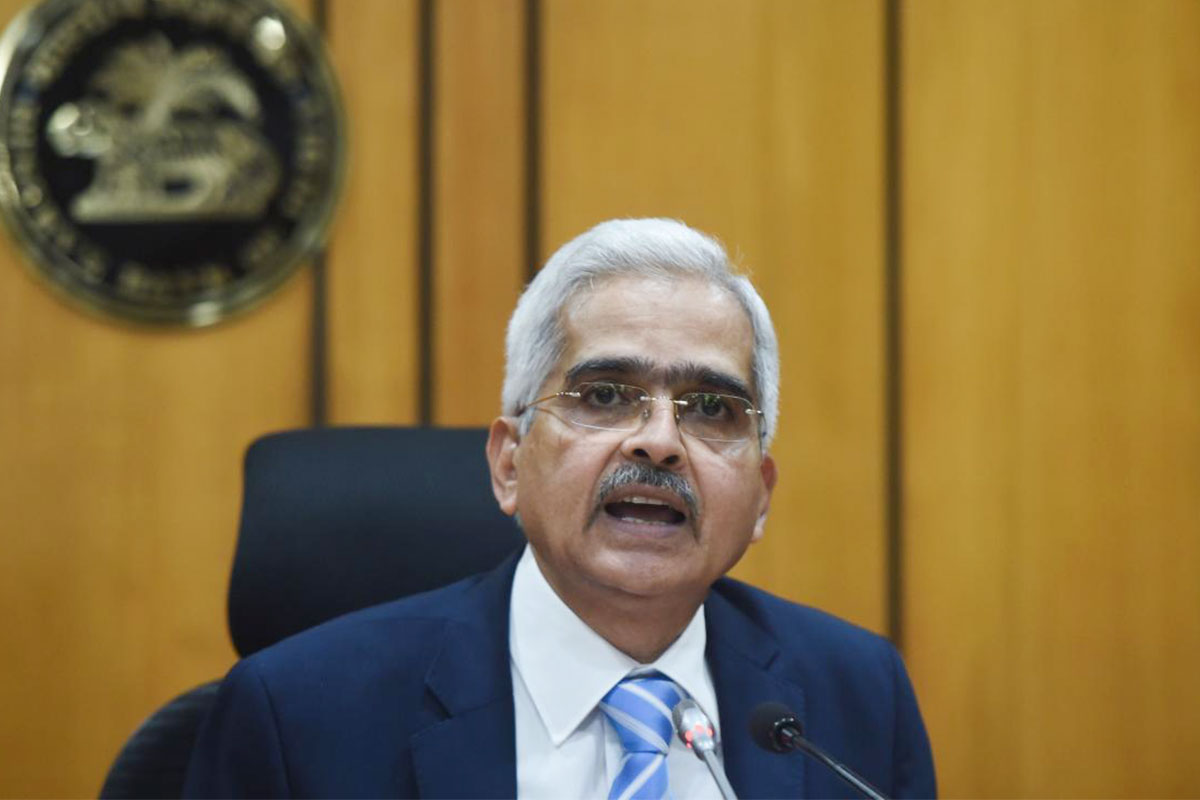GDP to decelerate in 2025, RBI to cut rates soon: Goldman Sachs
It forecast India's headline inflation at 4.2 per cent (average) in 2025 with food inflation at 4.6 per cent.
Post the implementation of the law, these institutions have raised their concerns with the state government, RBI as well as with the central government.

(Photo: AFP)
The Reserve Bank of India on Friday announced that it plans to “harmonise regulatory frameworks” for microlenders. The announcement comes in the backdrop of Assam Assembly passing a law to control the operations of microlenders in the state following several reports of coercive lending practices.
Microfinance institutions have witnessed a dip in loan collections since the Assam Microfinance Institutions (Regulation of Moneylending) Bill, 2020, is passed in December.
Post the implementation of the law, these institutions have raised their concerns with the state government, RBI as well as with the central government.
Advertisement
“In view of the evolving role of the sector, and the need for a robust framework for enhanced delivery of last mile credit and strengthening consumer protection, the RBI will come out with a consultative document harmonising regulatory frameworks applicable to various regulated lenders in the microfinance space,” RBI Governor Shaktikanta Das said while while announcing the bi-monthly policy review. He also noted that the MFI sector plays an important role in the last mile delivery of credit to the needy segments.
It is worth mentioning that regulation of the MFI sector has always been a controversial topic. In 2010, Andhra Pradesh had come out with some laws which impacted MFIs, resulting in an intervention by the RBI with initiatives, including creation of a separate category of lenders (NBFC-MFIs) and also caps on interest rates. The MFIs have strong networks going deep into a geography which work on intimate understanding of the borrowers while extending the unsecured loans. The risk taken and the costs of extending the credit result in high interest rates.
Das also announced an expert committee on primary Urban Cooperative Banks (UCBs), which will provide a medium term roadmap for strengthening the sector, leveraging on the legislative amendments. He added that the constitution of the committee and its terms of reference will be announced shortly.
“The recent amendments to the Banking Regulation Act, 1949 have brought near-parity in regulatory and supervisory powers between UCBs and commercial banks, including those related to governance, audit and resolution,” Das said.
Post the Punjab Maharashtra Cooperative (PMC) Bank crisis, the government had amended the Banking Regulation Act, that allows the RBI to have complete control to regulate the UCBs.
Advertisement